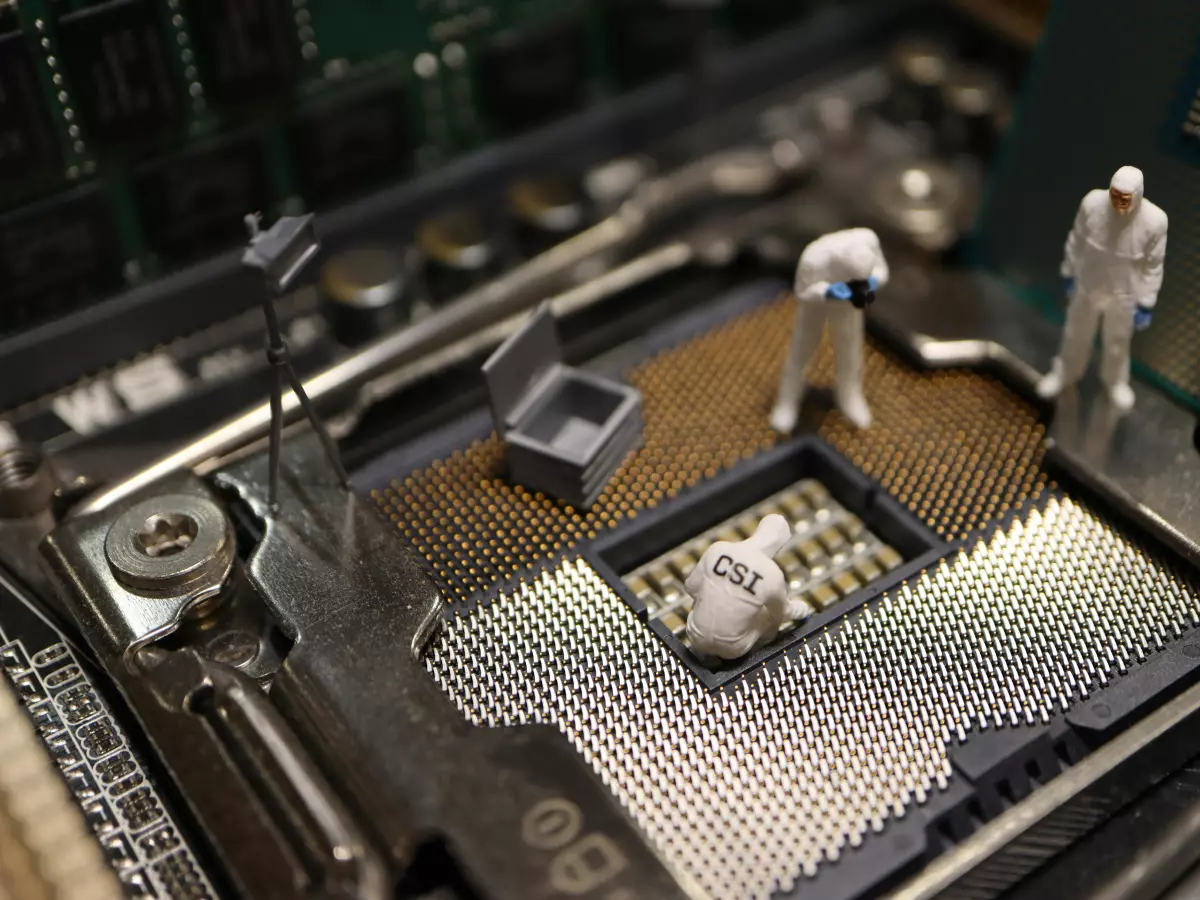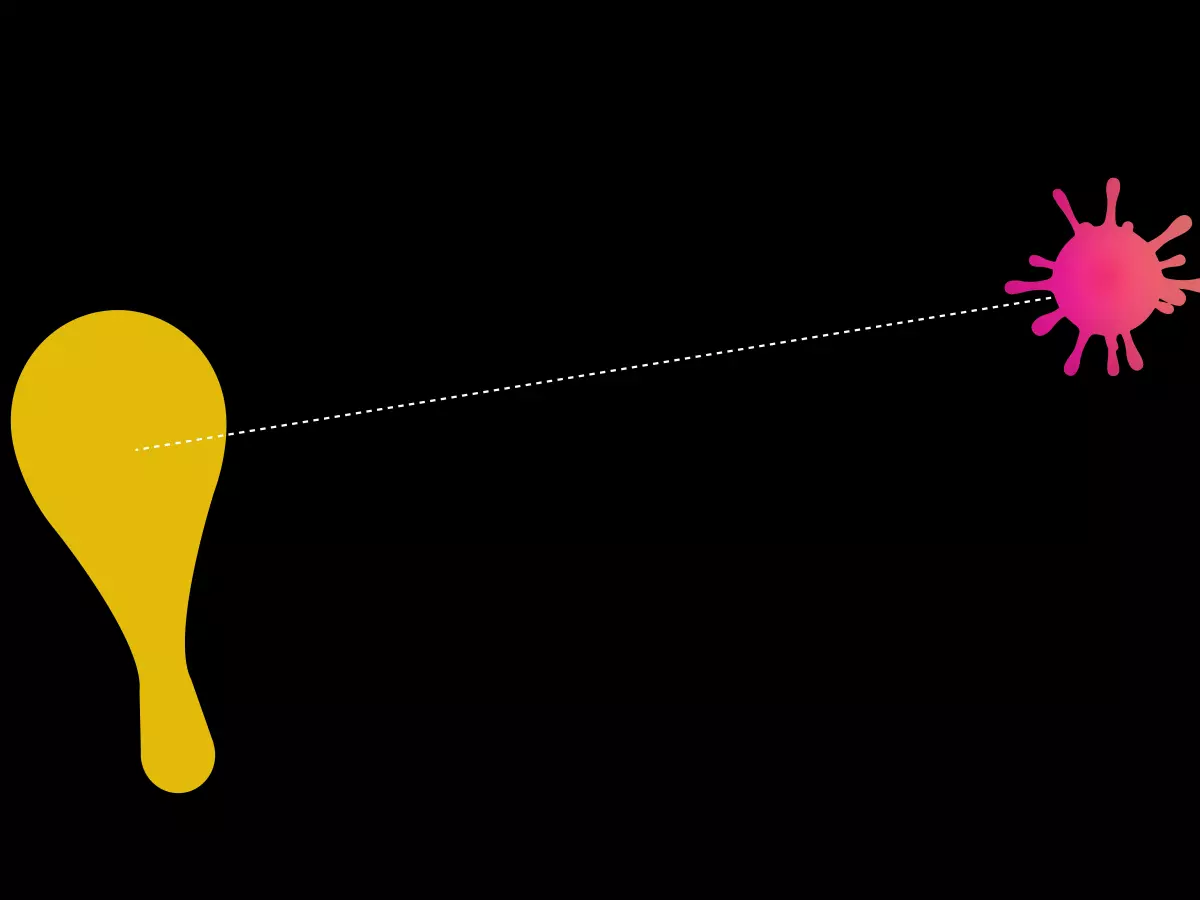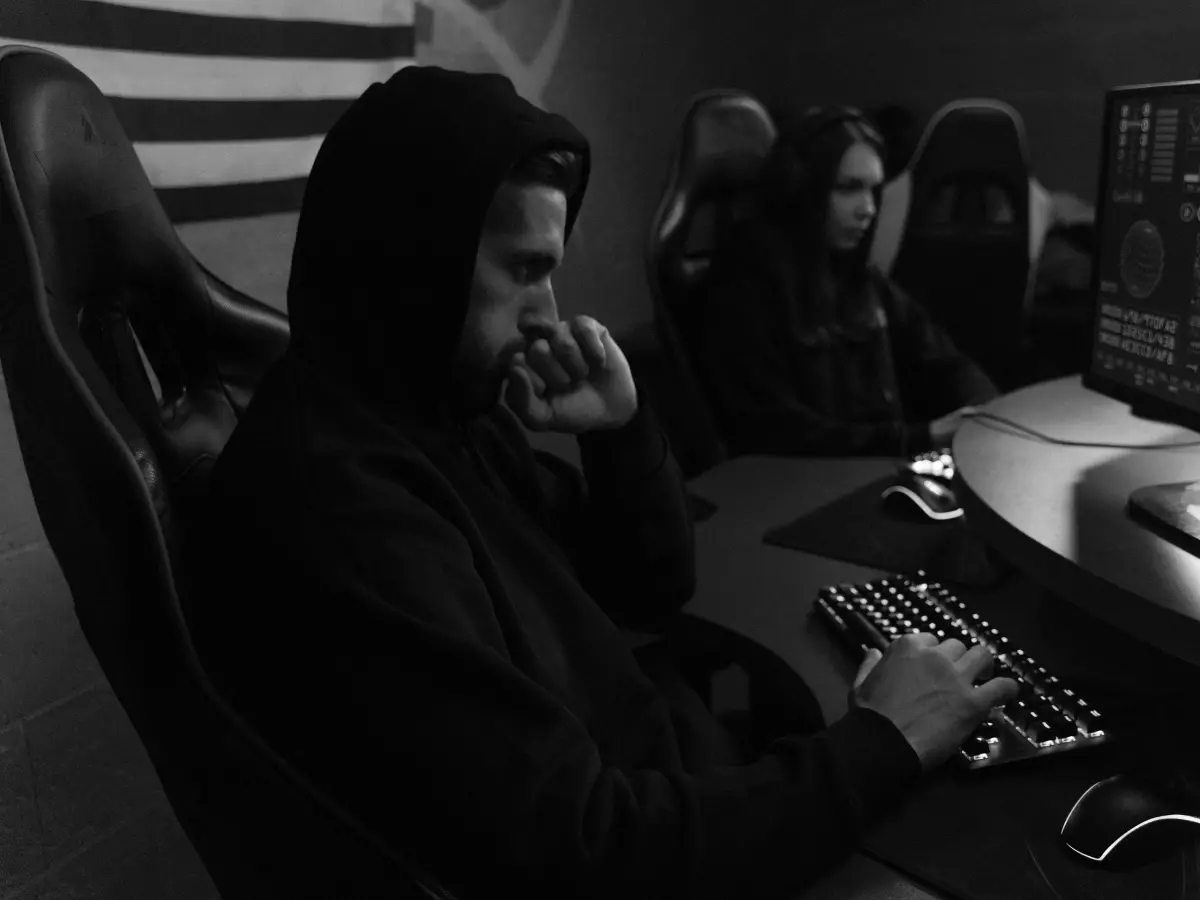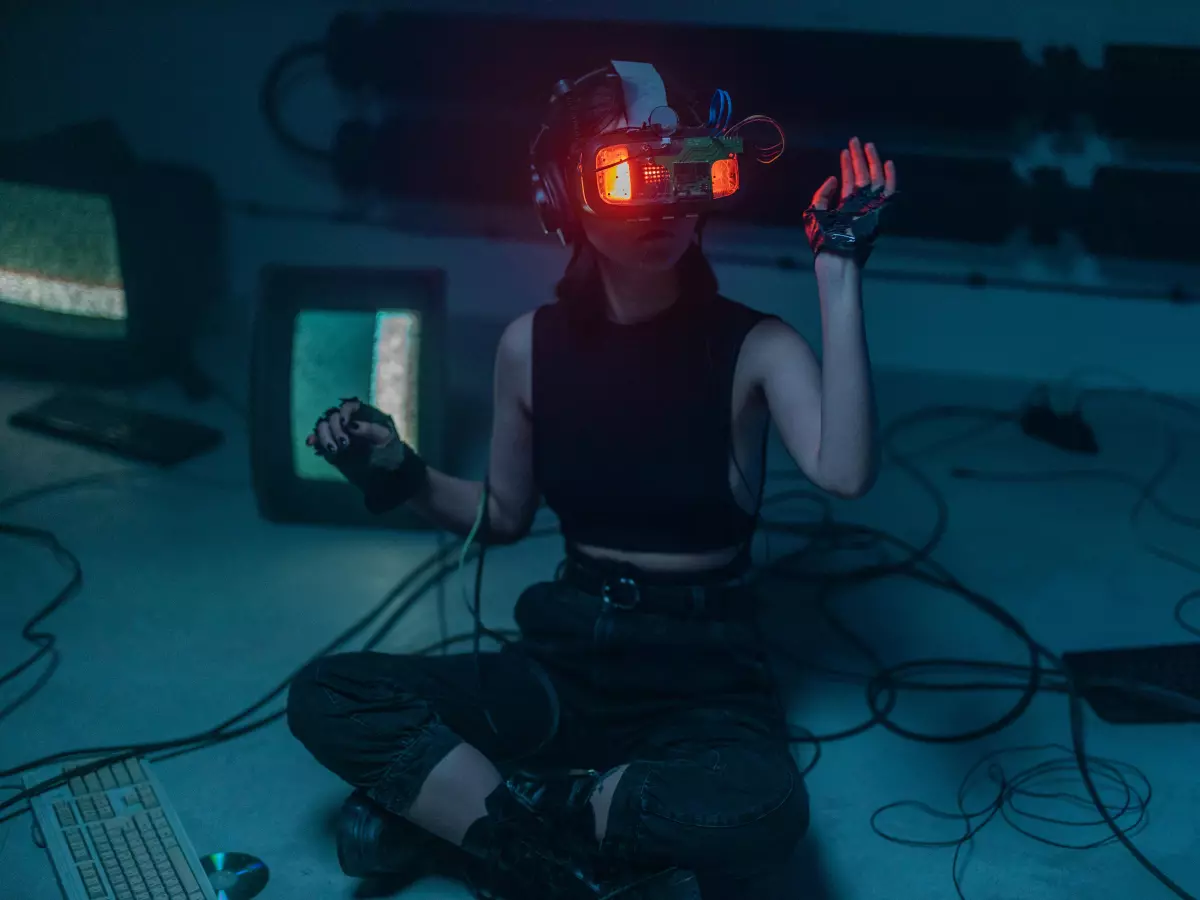AI: Friend or Foe?
Imagine being a firefighter, but instead of battling flames, you're constantly worried about the firetruck breaking down. That’s what AI feels like for many cybersecurity pros right now.

By Elena Petrova
Artificial Intelligence, the shiny new tool that was supposed to make our lives easier, is ironically becoming a source of stress for cybersecurity professionals. According to TechRadar, the pressure from C-suite executives to implement AI solutions is causing more anxiety than the actual cyber threats these pros are supposed to be fighting. Let that sink in for a second. The very thing that’s supposed to help them is stressing them out more than the hackers themselves.
Why? Well, for starters, AI is still a relatively new player in the cybersecurity game. Sure, it’s got potential—automating threat detection, predicting attacks, and even mitigating risks before they become full-blown disasters. But here’s the catch: AI isn’t a magic wand. It needs to be trained, fine-tuned, and constantly monitored. And guess who’s responsible for all that? Yep, the already overworked cybersecurity teams.
Now, imagine your boss comes in and says, “Hey, we need AI to solve all our problems, like, yesterday.” No pressure, right? The expectations from top management are sky-high, but the reality is that AI isn’t a plug-and-play solution. It’s more like adopting a puppy—you’ve got to train it, feed it, and make sure it doesn’t chew up your shoes (or in this case, your network).
And let’s not forget the cybersecurity skills gap. Many organizations are already struggling to find qualified professionals who can handle traditional security tasks, let alone those who can manage AI systems. According to another TechRadar report, the majority of organizations have experienced at least one cloud-related security incident in the last year, largely due to a lack of skilled personnel. Now, throw AI into the mix, and you’ve got a recipe for disaster—or at least a lot of sleepless nights for your cybersecurity team.
The AI Anxiety Paradox
Here’s the paradox: AI is supposed to reduce stress by automating repetitive tasks and identifying threats faster than any human could. But instead, it’s causing stress because of the unrealistic expectations placed on it. It’s like buying a self-driving car and expecting it to fly.
Cybersecurity pros are already juggling a million things—patching vulnerabilities, monitoring networks, responding to incidents. Now, they’re also expected to be AI experts. And if the AI fails? Guess who’s getting blamed? Spoiler: It’s not the AI.
What’s even more frustrating is that AI, when properly implemented, can actually be a game-changer. It can sift through mountains of data, detect anomalies, and even predict attacks before they happen. But getting to that point requires time, resources, and—most importantly—patience. Unfortunately, patience isn’t something that’s in abundant supply in the fast-paced world of cybersecurity.
So, What’s the Solution?
First off, let’s manage expectations. AI isn’t going to solve all your cybersecurity problems overnight. It’s a tool, not a miracle worker. Organizations need to invest in training their teams, not just in AI technology but also in how to manage the expectations that come with it.
Secondly, we need to address the cybersecurity skills gap. AI can’t function without skilled professionals to guide it. Investing in education and training programs will not only help close this gap but also make AI implementation smoother and less stressful for everyone involved.
Finally, let’s give cybersecurity pros a break. They’re already dealing with enough stress from actual cyber threats. Adding AI anxiety to the mix isn’t helping anyone. By setting realistic goals and providing the necessary support, organizations can ensure that AI becomes the ally it was meant to be, not another source of stress.
In the end, AI is like a double-edged sword. It can either be a powerful ally or a source of endless frustration. The key is in how we wield it. So, let’s stop expecting AI to be the superhero that saves the day and start treating it like the tool it is—one that needs time, care, and a little bit of patience to truly shine.





